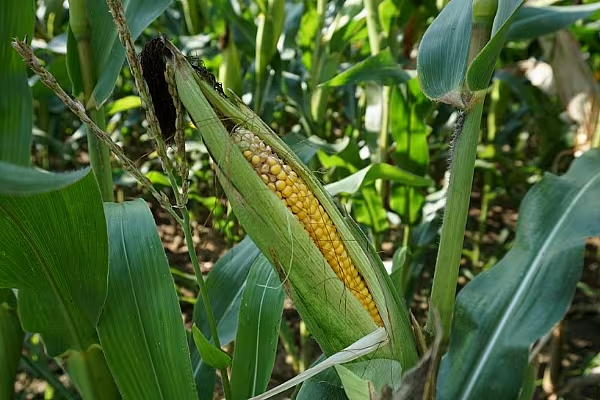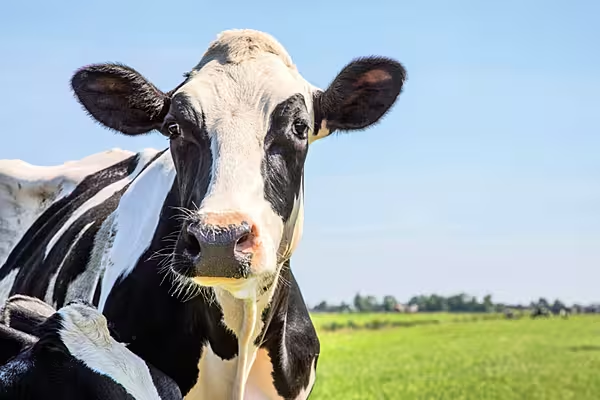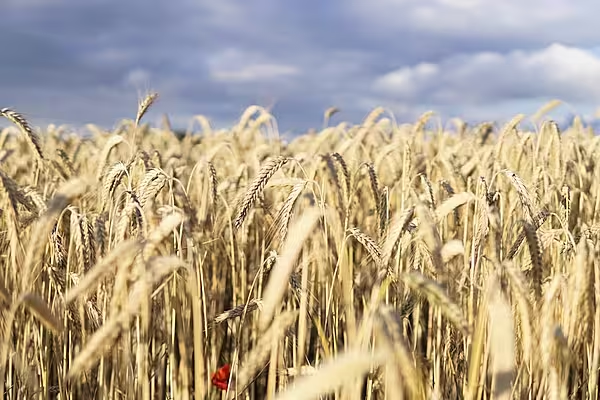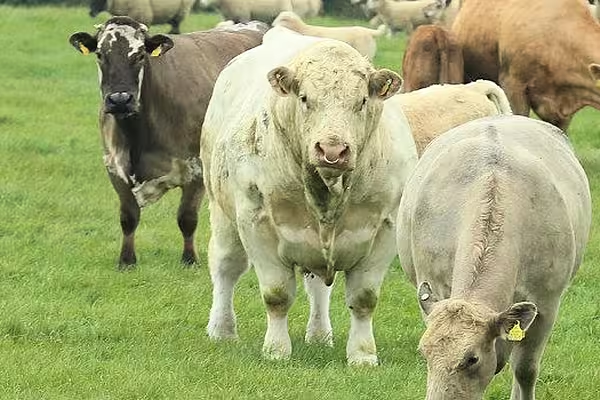Some organic food may not live up to its label.
That’s the finding of an audit published by the US Department of Agriculture’s Office of the Inspector General, which examined organic trade. The agency evaluated, in part, the compliance of imported organic products with US government standards.
Its review revealed that the department’s Agricultural Marketing Service, which oversees organic standards, couldn’t prove that incoming cargoes 'were reviewed at US ports of entry to verify that imported agricultural products [labelled] as organic were from certified organic foreign farms and business'.
The audit also found that the agency hasn’t figured out how to ensure that shipments sprayed for insects don’t get labelled organic before they reach grocery-store shelves.
Increasing Demand
As consumer purchases of organic foods soar, US imports have been on the rise and were valued at $1.72 billion last year, USDA data showed. Consumers typically pay a premium for organic products, which are supposed to be produced without synthetic fertiliser and genetic engineering.
'The lack of controls at US ports of entry increases the risk that non-organic products may be imported as organic into the United States and could create an unfair economic environment for US organic producers,' the report read.
Foreign purchases of organic corn and soybeans – used as feed for cows and chickens – have been skyrocketing in recent years, particularly from Turkey. Earlier this year, some organic certifiers said that they were tightening standards on imports amid concerns of fraud.
The USDA in June revoked the organic certificate of a Turkish grain and oilseed handler that had sold organic soybeans that were fumigated with aluminium phosphide, a substance not allowed under organic rules.
According to the report, Agricultural Marketing Service officials concurred with the findings and issued recommendations to address the problems. The USDA’s press office did not immediately reply to an email seeking comment.
“[The increase in imports is] a new phenomenon,” said Peter Golbitz, founder of Florida-based consulting firm Agromeris. “It certainly overwhelmed the system in place, and it’s now recognised that better communication needs to occur between the agencies involved in oversight and import regulations.”














